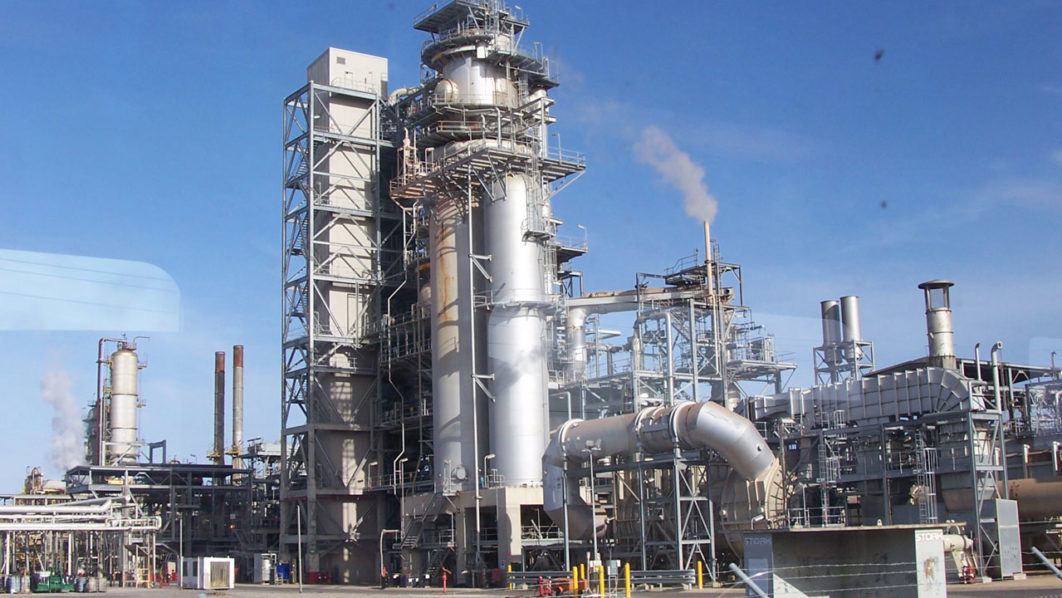Africa is facing a dual challenge of meeting its growing energy demand and reducing its reliance on fossil fuels. Natural gas, which is abundant and cleaner than coal and oil, could be a key solution for the continent’s energy transition. However, African gas producers also need to adapt to the changing global market and ensure their long-term resilience.
According to a report by Gas Exporting Countries Forum (GECF), Africa’s share of global gas supply will double by 2050, from 6% in 2021 to over 11%. The continent’s gas production is projected to increase from 260 billion cubic meters in 2021 to 585 billion cubic meters in 2050, driven by the exploitation of local resources by governments. This will make Africa the second largest contributor to gas supply growth, after the Middle East.
The demand for natural gas in Africa will also rise by 82% by 2050, and gas will account for 30% of the continent’s energy mix. With renewables, gas will play a crucial role in improving energy access and alleviating energy poverty across the continent. Besides providing electricity and cooking fuels, gas will also support industrialization and economic growth.
However, Africa’s gas industry faces several challenges that could hamper its potential. These include the global momentum toward sustainability and away from fossil fuels, the high cost and carbon intensity of African gas reserves, the lack of infrastructure and investment, and the geopolitical uncertainties. For instance, the recent invasion of Ukraine by Russia has sparked concerns over Europe’s dependence on Russian gas and prompted the European Commission to announce a plan to diversify its gas supplies and accelerate its renewable energy transition.
To overcome these challenges and position themselves strongly in the new energy landscape, African gas producing countries need to consider some strategic options, such as creating enabling environments, improving access to capital, attracting skills and capabilities, developing domestic markets, enhancing regional integration, and pursuing low-carbon solutions.
By doing so, Africa could not only meet its own energy needs but also enhance its global energy security and contribute to the global climate goals. Natural gas could be a game-changer for Africa’s energy transition, if managed wisely and sustainably.
SOurce: Nigerian Tribune



